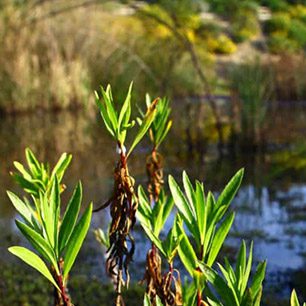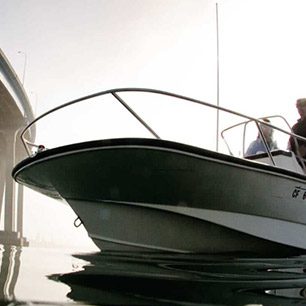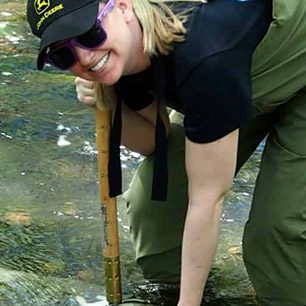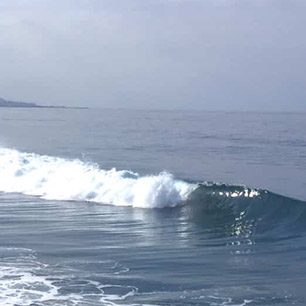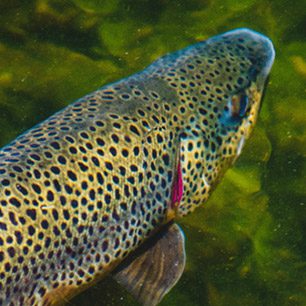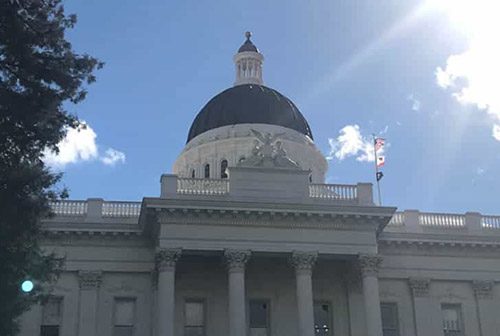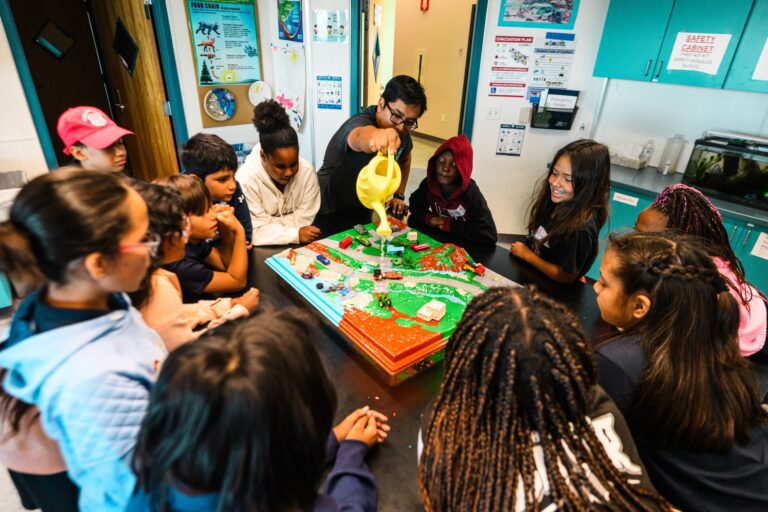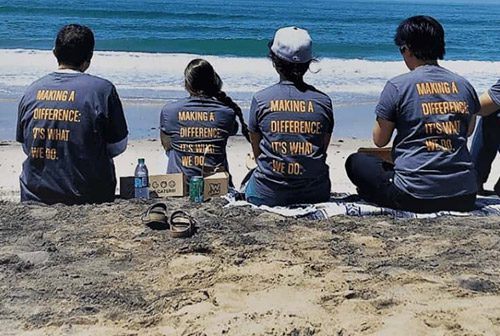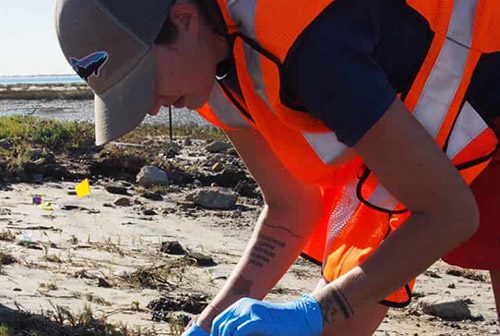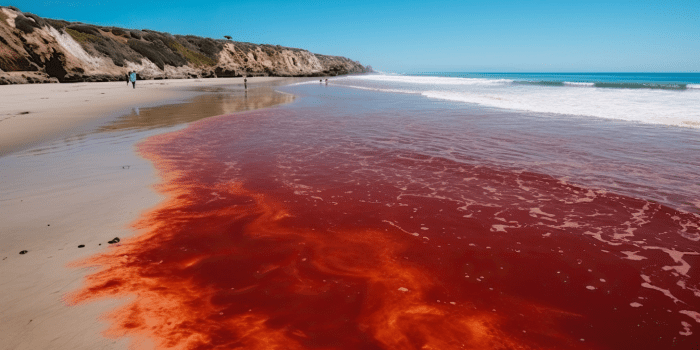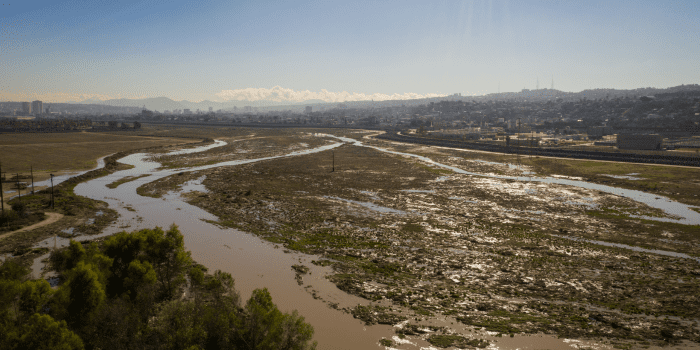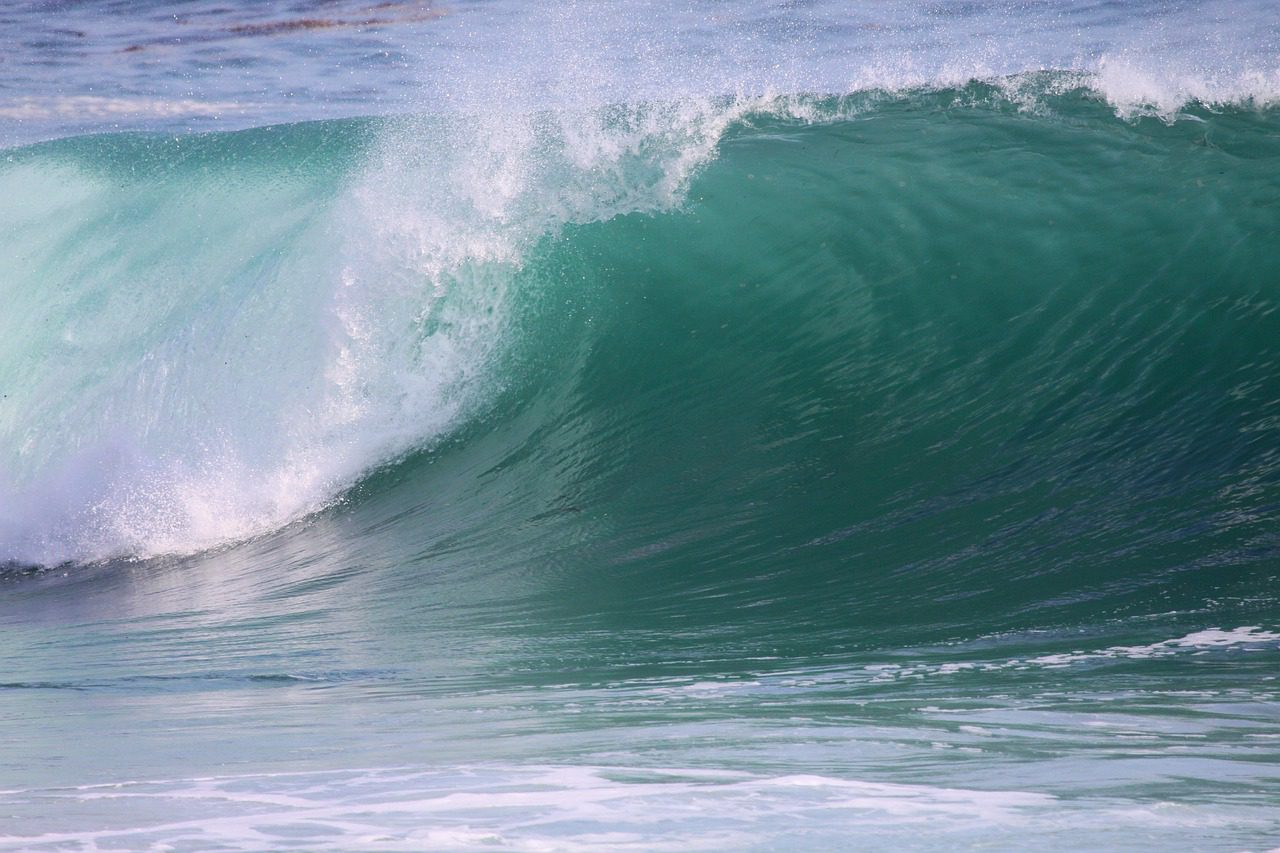

Bill Weinerth has been fishing off California’s coast for more than 50 years. In an opinion editorial in Saturday’s Ventura County Star, he said:
I say that if we don’t set aside some key spots now, we won’t have any reason to pass on our fishing knowledge; there will be few fish left. Our fishing experiences and traditions are falling into myth: I couldn’t take my boys back to the places in Malibu where my dad taught me and expect to pull in the same size and quantity. The simple fact is, the fish we do catch are smaller and it’s harder to get them.
My sons, skilled fishermen, have to go farther out every year for those smaller fish. The fishing culture of my childhood is not there anymore — but I believe that marine protected areas can help bring back some of what we’ve lost.
Weinerth’s experience of fewer and smaller fish is borne out by the data. According to the Pacific Fisheries Management Council’s research, California’s commercial fishing revenues have declined by more than half since 1990, and the number of fishing boats calling at California ports has declined by nearly three quarters in the same period.
A well-designed system of marine reserves and protected areas would help rebuild California’s struggling fishing industry. It worked at the Channel Islands, where, five years after the state established a network of marine reserves, a study found that sportfishing had increased as had commercial landings for some of the Island’s largest fisheries: squid, urchin, lobster and crab.
Plans for Southern California’s new marine protected area network will be finalized by the Fish and Game Commission at their December 15 meeting in Santa Barbara. Ocean advocates, who dominated the public comment session at the Commission’s October meeting, are expected to make a strong showing again, urging protection of treasured places like La Jolla, Catalina, and Naples Reef off the Gaviota Coast. The time is now to make your voice heard to the Commission, so please write a letter or take a scenic ride up to Santa Barbara to be a part of history.

